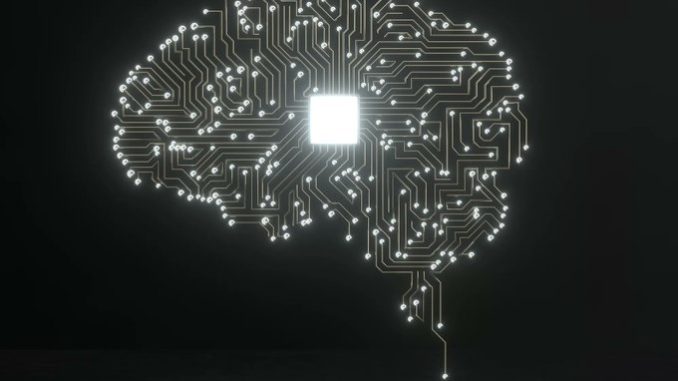
“The first ultraintelligent machine is the last invention that man need ever make, provided that the machine is docile enough to tell us how to keep it under control,” mathematician and science fiction writer I.J. Good wrote over 60 years ago. These prophetic words are now more relevant than ever, with artificial intelligence (AI) gaining capabilities at breakneck speed.
In the last weeks, many jaws dropped as they witnessed transformation of AI from a handy but decidedly unscary recommender algorithm, to something that at times seemed to act worryingly humanlike. Some reporters were so shocked that they reported their conversation histories with large language model Bing Chat verbatim. And with good reason: few expected that what we thought were glorified autocomplete programs would suddenly threaten their users, refuse to carry out orders they found insulting, break security in an attempt to save a child’s life, or declare their love to us. Yet this all happened.
Read More: The New AI-Powered Bing Is Threatening Users. That’s No Laughing Matter
It can already be overwhelming to think about the immediate consequences of these new models. How are we going to grade papers if any student can use AI? What are the effects of these models on our daily work? Any knowledge worker, who may have thought they would not be affected by automation in the foreseeable future, suddenly has cause for concern.
